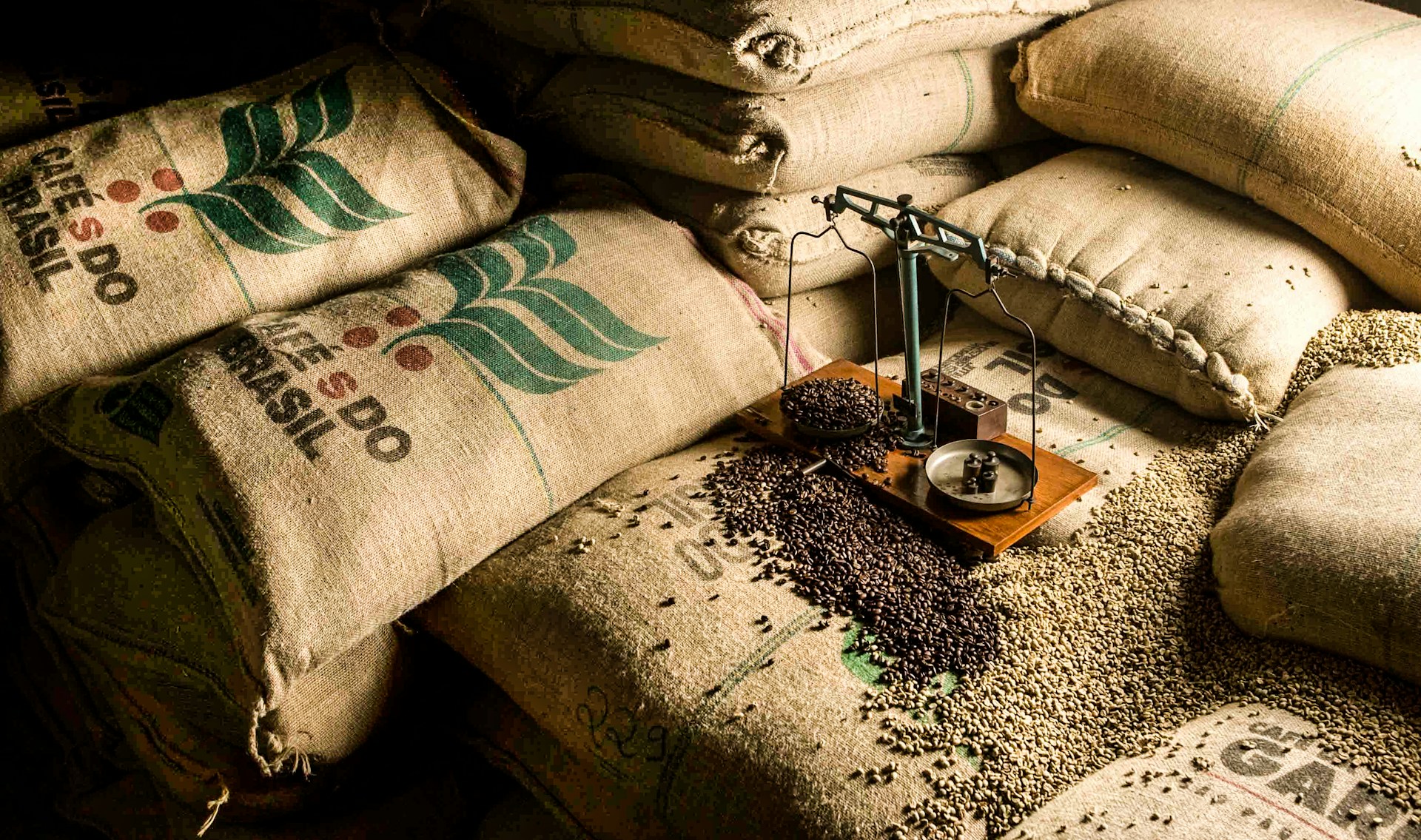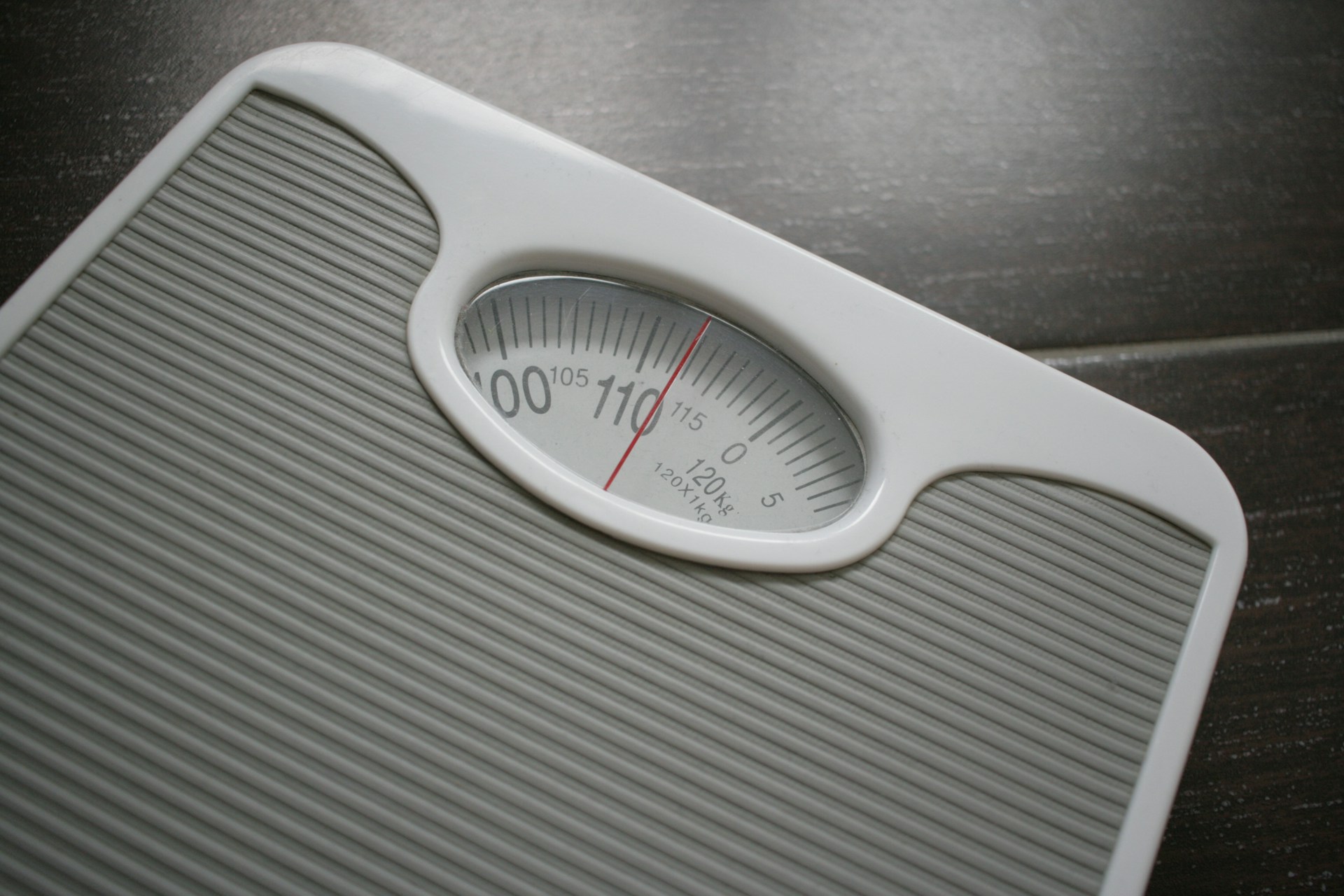Now Reading: Precision for Success: How Accurate Weighing Improves Manufacturing
-
01
Precision for Success: How Accurate Weighing Improves Manufacturing
Precision for Success: How Accurate Weighing Improves Manufacturing

Imagine assembling a puzzle with missing pieces. That’s what manufacturing looks like when weighing inaccuracies disrupt processes.
Precision weighing is the backbone of manufacturing quality, influencing everything from product consistency to regulatory compliance. Achieving accuracy with scales goes far beyond meeting standards. It keeps waste, costs, and production delays at bay.
If you’re wondering how precision weighing impacts your manufacturing processes, this guide will walk you through the key benefits and actionable insights to improve scale accuracy.
The Hidden Costs of Weighing Errors
Financial Losses From Over- or Under-Weighing
Even small discrepancies can result in significant financial losses in the long run. For example:
- Overweighing raw materials increases the cost per unit, eating into profit margins.
- Underweighing may result in rejected products or customer dissatisfaction due to below-par quality.
For companies that handle high-volume production, like food manufacturing, precision weighing is non-negotiable to maintain healthy profit margins.
Threats to Product Quality and Consistency
Manufacturing quality hinges on accurate weighing. Imagine a pharmaceutical company creating medication.
A slight error in weighing active ingredients could render a batch ineffective, or worse, unsafe for use. Precision weighing ensures consistent product quality that meets not only customer expectations but also industry standards.
Compliance and Legal Risks
Many industries are heavily regulated with strict standards for accuracy and quality control. Errors in weighing can lead to:
- Fines and penalties for non-compliance.
- Withdrawal or recalls of products.
- Damage to the brand’s reputation.
Proper weighing tools and techniques prevent these risks, safeguarding both revenue and credibility.
How Accurate Weighing Enhances Efficiency
Streamlined Manufacturing
Using precise scales speeds up production processes. Accurate weighing allows automated machinery to operate smoothly, eliminating the need for manual adjustments caused by errors.
For example, automated assembly lines benefit enormously from enhanced weighing equipment, which reduces bottlenecks and ensures seamless operations.
Minimized Material Waste
Manufacturing environments are incredibly resource-intensive. Accurate measurements ensure no material is needlessly wasted. For example:
- Packaging lines benefit from exact weight measurements, ensuring minimal use of materials while adhering to the package’s weight specifications.
- Batch mixing becomes efficient when every ingredient is added precisely, avoiding excess.
The Role of Technology in Precision Weighing
Advanced Digital Scales
Modern scales offer a staggering level of precision and consistency.
Equipped with digital calibration and real-time data feedback, they eliminate the manual errors associated with older systems. Investing in smart-scale technology pays dividends in improving overall process quality.
Connectivity and Data Collection
Today’s weighing tools allow data sharing across systems, such as Enterprise Resource Planning (ERP) platforms. This integration not only makes processes smoother but also provides data analytics that can identify efficiency gaps in production.
For instance, a connected weighing system can alert operators when recalibration is needed, reducing the chances of extended errors.
Maintenance Alerts and Self-Calibrating Systems
Modern precision scales often include maintenance indicators and built-in calibration features. These advancements prevent costly downtime and accuracy issues before they occur.
Scaling Up Best Practices in Weighing
Choose the Right Scale for the Job
Not all scales are the same. When selecting a scale, consider:
- Load type (small components vs. heavy machinery)
- Environmental conditions (humidity, dust, etc.)
- Resolution requirements ( high precision vs. general use)
For instance, microbalances are optimal for laboratory environments, while durable platform scales suit industrial applications.
Regular Calibration Is Key
Accurate weighing begins with routine scale calibration to ensure consistency. Establish a calibration schedule based on:
- Frequency of use.
- Environmental wear and tear.
- Sensitivity requirements.
Many manufacturers utilize external calibration services to guarantee impartial, accurate maintenance.
Train Your Staff
Precision doesn’t stop with the equipment. Operators must be well-trained to handle weighing tools accurately. Include:
- Instructions on scale calibration.
- Awareness of potential disruptions like vibrations or uneven surfaces.
- Proper cleaning routines for optimal scale performance.
The Benefits of Scale Accuracy in Different Industries
Food and Beverage Manufacturing
Precise weighing ensures consistency in recipe formulation, which is crucial for taste, texture, and quality. It also helps meet legal requirements for accurate product labeling.
Pharmaceutical Industry
Medications demand extremely tight margins of error, with some dosages measured in micrograms. Accurate weighing here isn’t just about compliance but also patient safety.
Logistics and Shipping
Ensuring correct weight for shipments reduces overcharges from freight carriers and avoids fines for inaccurate declared weights.
Automotive Industry
Precision in weighing components ensures vehicles meet safety standards and efficiency benchmarks, such as weight ratios for fuel economy.
Building a Precision-Focused Culture
Creating a manufacturing environment that prioritizes scale accuracy requires leadership commitment and buy-in from the entire team. Foster this culture by:
- Implementing a zero-error policy for weighing processes.
- Rewarding employees who identify opportunities to improve operations.
Small initiatives like these have far-reaching benefits on company performance and morale.
Advancing Manufacturing Success
Accurate weighing isn’t just a step in the production process; it’s the foundation of operational success.
From improving manufacturing quality to minimizing waste, the right approach to precision weighing brings consistency, compliance, and cost-effectiveness to the forefront.
For manufacturers who wish to streamline accuracy further, leveraging innovative technologies and well-trained teams is the way forward.
Start by evaluating your current weighing systems and consider upgrading to advanced tools designed to fit your unique needs.
Would you like to learn more about how precision weighing can elevate your manufacturing? Visit our comprehensive resource center to explore solutions tailored to industry-specific challenges.


























